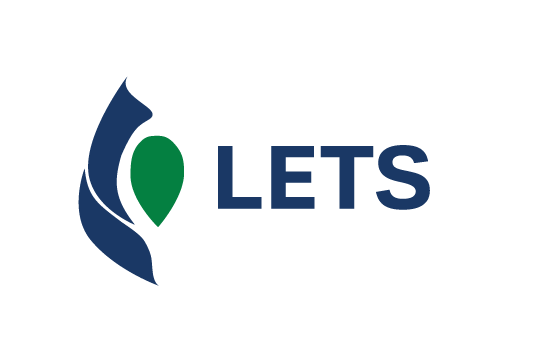Contemporary organizations must engender: ethical and morally correct attitudes among their Stakeholders : conducts and behaviors that respect the universal standards of human rights, citizenship and participation in society; respect for the environment and participatory management that favors a greater involvement of representative sectors of their communities, contributing to a more humanized, integrated and holistic economic development.
Through these positions, it is considered that more sustainable organizational practices must be able to promote respect for the current and future needs of individuals, societies and the planet; a socially just, culturally compatible and environmentally responsible development, as well as changes in the rhythms, conducts and operational values of its products and services.
An important aspect to highlight is the fact that a growing number of companies see, thanks to the gradual relevance of this theme, unique opportunities capable of providing significant competitive differentials. An example of this is the ACCOR Network, which through its program Planet 21 it has achieved considerable marks: 68% of its hotels prefer to buy local products, promoting and encouraging the aspect of local intersectoriality in the production of its services; 83% of its hotels have banned the use of endangered marine animals from the menu; 80% of the network's managers were recruited in the company itself, an aspect that demonstrates the recognition and appreciation of its employee; and 6% of these establishments use renewable energy (ACCOR, 2014).
Having exposed these introductory clarifications, a question can be posed: what is the effective importance of these principles, criteria and values for tourism? Before answering this question, it is necessary to understand the economic importance and growth rates of this activity, since they directly affect the negative impacts perpetrated by this activity. That said, on a global scale, the fact that this economic sector has experienced intense growth in recent years is reiterated.
Inevitably, this scenario may cause negative impacts that would affect, for example, the quality of life of the most distinguished Stakeholders , or the local natural, cultural and socioeconomic peculiarities. Thus, in order to avoid the risk of the activity becoming self-consuming, it is essential to insert principles, conducts, values and criteria that ensure its sustainability. In this way, it would be possible to meet the desires and expectations of its triad – entrepreneurs, communities and tourists – without leaving aside the protection and preservation of the natural, social, economic and cultural resources that support its operationalization.
A priori , it would be because of its positive effects that sustainability has been widely discussed by tourism managers as well as academics. A narrative that would also justify this interest is that business promotion takes place in a world "saturated with brands and logos", requiring interdisciplinary work capable of providing opportunities for social development directly related to economic development.
For this to occur, it is up to tourism managers to understand a series of sociocultural, economic and environmental complexities beyond individual interests. Thus, these professionals must understand how these complexities are structured through a "tangle" of values, signs, characters, relationships, identities and objects that distinguish and at the same time exalt their heterogeneity, dynamism, complexity and territorial perplexity full of unique sociocultural, economic, political and environmental archetypes that could serve as strong coefficients of attraction for the development of local tourism.
Such a finding makes it possible to compare tourist destinations to true "labyrinths" to be traversed not only by natives, but also by their visitors and managers. Due to the existence of numerous paths/possibilities to be followed, the tourism manager needs to have the sensitivity to capture the uniqueness of these places, externalizing through their products, services and establishments, processes of unveiling capable of revealing unique experiences, experiences and representations regarding the enjoyment, assimilation and perpetuation of sociocultural values that strengthen the "soul" of this environment, as well as personify and enrich the tourist's experience.
On the other hand, this discourse gains even greater robustness by providing what Laraia would define as the possibility of "living a thousand lives in one". In view of this rich cultural experience made possible by tourism, such a maxim would allow an exchange of values that makes this contemporary phenomenon a differentiated experience in the "eyes" of the visitor and the visited. It is, therefore, up to tourism managers to formulate products, goods and services that show and respect, through ethical and moral principles, the essence and meaning, consensus and dissent, the thoughts and behaviors that are presented in these social spaces.
For these examples, the tourist activity must be well planned, monitored and evaluated, so that both entrepreneurs and Stakeholders are satisfied and mutually benefit from their results. To this end, it is essential to perceive, analyze and control its impacts, which are one of the main guidelines of sustainable and participatory management.
REFERENCES:
ACCOR. 2014. Planet 21. Available at: < http://www.accorhotels.com/pt-br/sustainable-development/index.shtml >. Accessed on: 10.Aug.2015.


